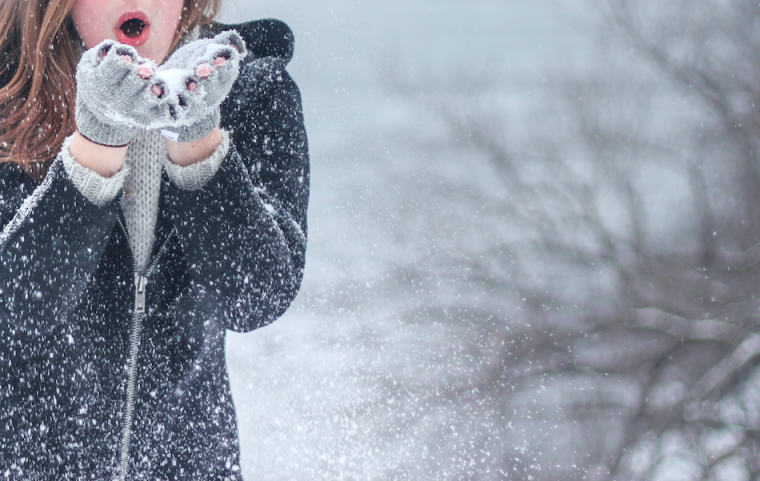From Genesis to Exodus: New beginnings at this most unusual of New Years

As the world ushers in 2021 it reflects on a year like no other.
And, as it happens, the turn of the secular year mirrors the closing of the book of Bereshit (Genesis) and the opening of the book of Shemot (Exodus).
For this year the Bible relates how there is a coming together of a new beginning for the Jewish people as they commence their exodus out of a life-style of of quarrelling parents, children and siblings into the promise of a better tomorrow where they will truly become a 'light unto the nations.'
For the final Sedrah of Bereshit (Vayechi) comprise chapters 47:28-50:26, which deal with the death of the patriarch Jacob, his blessings of his sons, and the subsequent death of Joseph.
The corresponding Haftorah reading from the 1st book of Kings 2:1-12 also deals with death – the death of King David and the accession of his son Solomon. In both cases, the Sedra and the Haftorah, the son who goes on to greatness is not the eldest, nor the most obvious choice – and this is an interesting lesson for life. For greatness is not always obvious and can often appear in unexpected quarters.
Just before his death, the patriarch Jacob (now known as Israel) blesses his 12 children and singles out Judah – a man full of faults – for especial praise. Judah has now transcended his doubtful beginnings and has demonstrated exceptional courage – by offering to sacrifice himself for his younger half-brother, Benjamin.
It is not Joseph, the tsaddik, the 'perfect' and 'charming' individual who becomes the ancestor of the Messiah, but Judah, the far more human person, whose failings are well-documented in the Hebrew Bible. And in fact, Joseph is hardly mentioned again after his own death, whereas Judah and his descendants, the most famous of which is David himself, are marked for their positive attributes all the way throughout the Biblical story.
This year Christmas fell on Friday, which also happened to be the Jewish Fast Day of Tevet, which commemorates the breach in the wall of the 1st Jewish Temple by Babylon (Iraq) before its final destruction in 586 BCE, as well as for a number of other calamities that have befallen the Jewish people.
On Christmas Day, the Fast of Tevet, I was sitting quietly at the kitchen table at around 1.00pm, when something like cotton wool appeared to be falling out of the chimney. On exploring further, I realized that the cotton wool was actually snowflakes. And the immediate reaction was to work against the clock to snap adequate photos to send to the family in Israel before Shabbat came in their end (given that they are two hours ahead of this country in time).
The problem was that the snow wasn't settling, but I managed it just in time, much to their joy.
Yesterday, I received a message from my granddaughter. She enjoyed the snow poems I had sent her together with the photos and had a spare half hour out of her busy schedule. Could we Zoom at a specified time in the afternoon, she wondered, in order to discuss the snow poems.
The poems I had sent with accompanying photos were some of the world's greatest on snow, and far from easy. And she is only 10-years-old, with English as a second language.
But at 3.45pm exactly my time, I was contacted on Zoom by this miniature Gal Gadot, completely in charge, going through the poems with me in her transatlantic accent, and analyzing them for me, one by one.
These included works by Shakespeare, Robert Frost, Emily Dickinson and many other greats. If you are more curious, you can see here.
And even though Greater Manchester has from midnight joined Tier 4, this morning we were covered with snow, and I was caught in it, but took many more photos, including one of a small child in pink playing in the winter wonderland of Kersal Moor.
So although the last year has seen the world go through the 'wars', miracles still do happen! And aren't we glad that they do because miracles are what can give us much hope in times of trial.
Similarly, as the days become slightly longer and winter slowly morphs into spring, we can ready ourselves for our own exodus out of the dark, when we will hopefully, before too long, enter into the light of the new 'promised land' of 2021.
This is the hope with which we can all greet the New Year.
Dr Irene Lancaster is a Jewish academic, author and translator who has established university courses on Jewish history, Jewish studies and the Hebrew Bible. She trained as a teacher in modern Languages and Religious Education.











